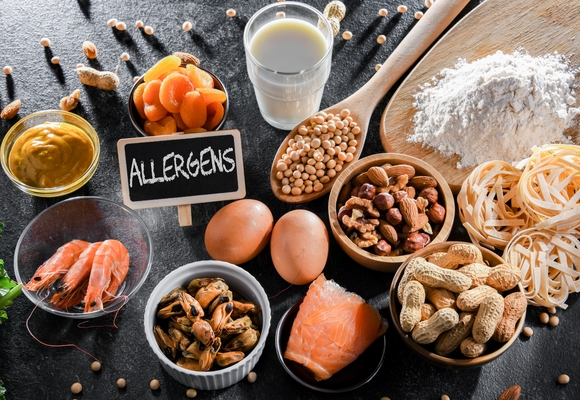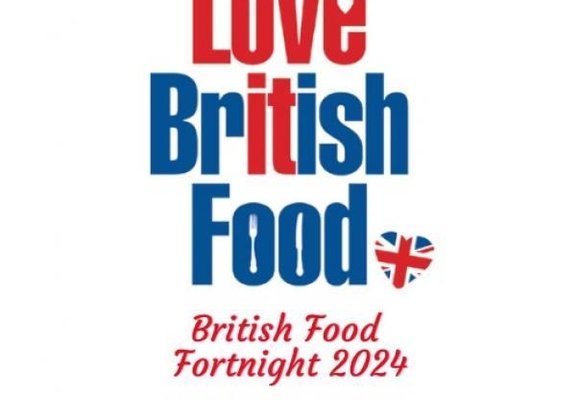Data from the Waste Resources and Action Programme (WRAP) showed that total UK food waste measured 9.5 million tonnes in 2018 down from 10 million tonnes in 2015 and equivalent to a 7% drop in greenhouse gas emissions.
Some business segments, however, are struggling to deliver reductions with available data showing a 6% rise in retail food waste and a 7% rise in waste from the foodservice and hospitality sector during the period.
WRAP said the increase in retail food waste could be linked to efforts to help suppliers and customers cut food waste through practices like relaxing specifications on fresh produce and providing more loose fresh produce.
It said that more data is needed to quantify change robustly for the foodservice sector where around 18% of food purchased is still wasted, adding that it would continue to engage businesses in its Guardians of Grub campaign.
The food manufacturing sector, on the other hand, delivered a 10% saving in sector waste equating to more than 160,000 tonnes and £190m.
The new data comes from WRAP’s latest Courtauld Commitment 2025 milestone report, which sets out progress in food waste reduction since 2007. WRAP said the 7% reduction in food waste per person puts the UK on target to achieve the 20% per person reduction target by 2025.
The decrease in household food waste was attributed to a range of factors including heightened public awareness of the issue, clearer labelling on food packaging, and more local authorities offering residents separate food waste collections.
Despite recent progress, UK households still waste a total of 4.5 million tonnes of food that could have been eaten, worth £14bn every year, equating to an average of £700 for an average family with children.
“These new statistics are extremely encouraging and demonstrate a big step in the right direction,” said government food waste champion Ben Elliot. “However, we must still keep marching – more needs to be done, across every business and every household, if we are to hit the milestone targets set out in the Courtauld Commitment 2025 report.”










